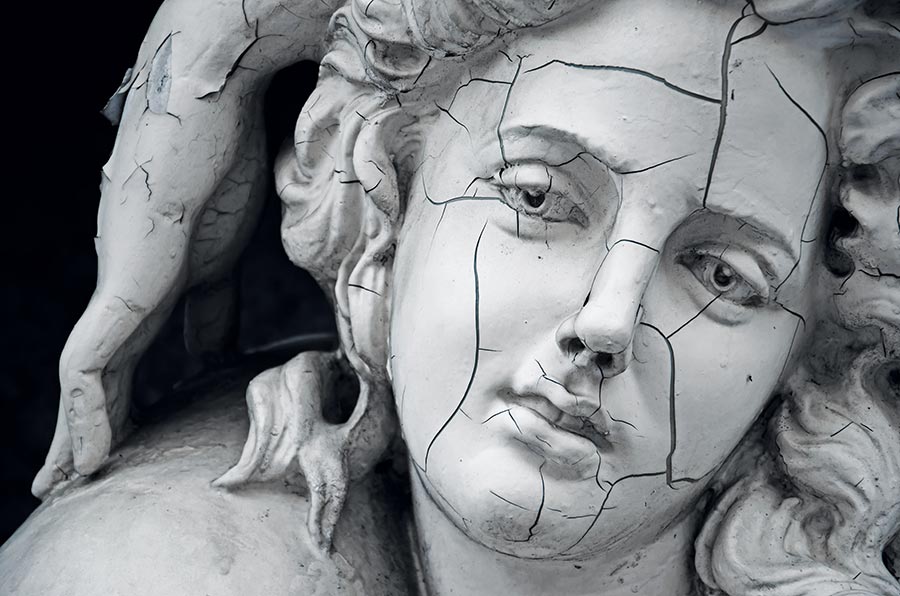We still live in a world where being beautiful is vastly important.
Throughout history the concept of ‘beauty’ has been merged with our concept of what is morally ‘good’. Since the Ancient Greeks, who thought that beauty was inherently good and ugliness was inherently evil, we have struggled to move away from this way of thinking. A ‘normal’ individual is usually de ned as ‘beautiful’ in some sense, be it through good health, social class, or appearance. Problems arise when the binary emerges, seeing deviations from the norm rejected as ugly, dirty, immoral, and ‘sick’.
Working with various international research instuitions across Europe and the US, Professor John Chircop (Department of History, Faculty of Arts, University of Malta) is delving into how our understanding of what is beautiful is used within the social, political, and medical spheres of our society to mould perceptions and construct ways of control over how we see and treat ourselves and others. Our perceptions of what is beautiful or ugly shapes constructions of the ‘Other’, and makes easier the control of sectors of society that are considered to be a threat to public health and the social order—the destitute, prostitutes, and criminals—dirty, diseased, amoral, and ugly. There are striking examples in history of medical institutions isolating those that did not t the norm. To this day, the idea of ‘beauty’ still segregates society.
Historically, disease was thought to be contagious and transmitted through physical contact, or even inhalation. In Europe, even up un l the early 20th century people were encouraged to keep a safe distance between themselves and anyone who might be considered ‘dirty’ and even contagious. Racial discrimination against Arab Muslim pilgrims upon returning from their annual Hajj saw them detained in quarantine for fear they might be carriers of disease from these ‘dirty’ places. Before being granted re-entry to southern Europe, they had to endure physical examination and fumigation to cleanse them. While this selective segregation based on ethnicity may seem ridiculous now, are things really so different today?
Chircop suggests not. ‘These same concepts are shown today by the way we treat migrants from war-torn countries.’ In general, non-European and, especially, irregular migrants are segregated, kept away from society, and treated as second-class citizens. In place of quarantine ‘fumigation’, we now use biometrics, with routine physical tests, and vaccination. We can try and justify this by highlighting the developments in technology, justifying our actions by emphasising the scientific or ‘medical’ benefit of these examinations. But really the ideas behind this are the same; by treating a population as different, necessary for testing, we automatically create a distinct on between ‘us’ and ‘them’. This segregation is then reinforced in art, political cartoons, popular films, television, and wider social media.
Although much progress has been made in human rights and fair treatment of individuals, prejudice is insidious and subtle. It has melded itself into the fabric of society, and we need to be aware of it to change it. Chircop states, ‘to go about changing this, we must start from the present, and go back in history.’ By learning from our past, we can expand the concept of beautiful in today’s society.





Comments are closed for this article!